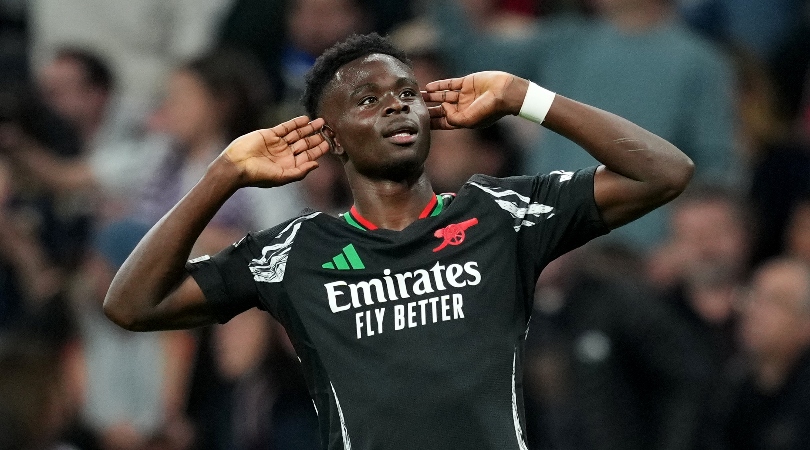England have won fewer than expected, but the naysayers ignore their stylistic evolution
Roy Hodgson's side have come in for some fierce criticism after finishing second in Group B, but Seb Stafford-Bloor argues the Three Lions actually deserve acknowledgement for their progress
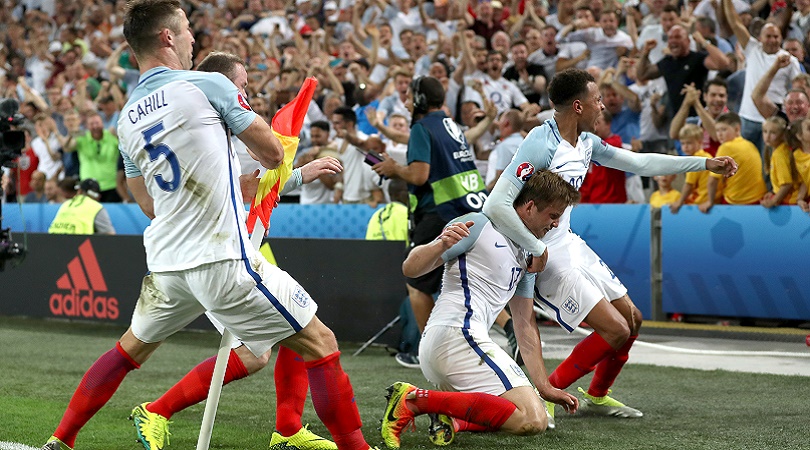
The bilious discontent that has followed England's group stage performances at Euro 2016 has been far tougher to bear than anything that's occurred on the pitch. The reaction has been dominated by half-hearted assessments and jingoistic complaints, all seemingly fuelled by an entitlement which most hoped had been banished to the past.
It's been dispiriting. A major international tournament is a fervent hothouse that always incubates silliness, but the response to Roy Hodgson, his players and their opening three games has been wildly disproportionate. Perhaps the country's sense of reason has been fried by the acrimony of the EU referendum, or perhaps lashing out at the national team has just become a reflex; whatever the cause, there's a real danger of all context being lost.
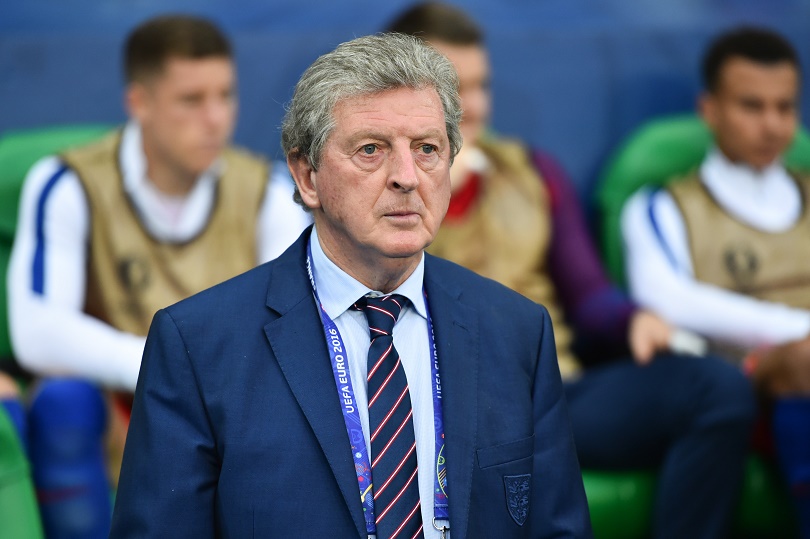
Maybe, as a football nation, we're only really happy when we're miserable. That would certainly explain the ceaseless, opportunistic digs at Hodgson and much of the sulky language with which he's being bombarded: England are atrocious, England are abysmal, England are a national disgrace. Really?
Astonished by Phil McNulty's hatchet job on Hodgson - did he run over his dog? And fuck it? https://t.co/e7DUyLInZfpic.twitter.com/kRjioi9J1E
— Fisted Away (@fistedaway) June 21, 2016
Style adjustment
For as long as anyone can remember, England have tried to carry their native style into the international arena, attempting to headbutt opponents into submission with pace, power and all of the familiar intangibles (passion, pride, desire)
The main frustration here is that the England team is now displaying many of the changes that have been desired for a generation – and yet, perversely, they are attracting more derision than ever before.
Get FourFourTwo Newsletter
The best features, fun and footballing quizzes, straight to your inbox every week.
For the past 15 years, the common complaint has centred on possession and the side's inability to protect it. For as long as anyone can remember, England have tried to carry their native style into the international arena, attempting to headbutt opponents into submission with pace, power and all of the familiar intangibles (passion, pride, desire) that carry no real relevance.
They were an international oddity, a willing anachronism who seemed to assume that, one day, their attachment to their dated approach would be gloriously vindicated. The rest of the world valued possession and their teams prioritised patience and caution, while England continued with what they knew.
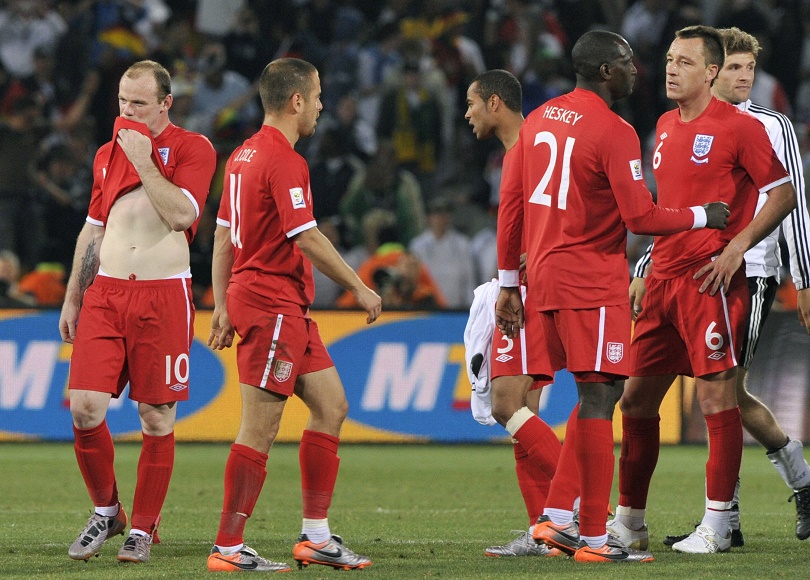
In almost every tournament since Italia 90 – with some fleeting exceptions in 1996 – they have been a prisoner to their own belief system and restricted by the limits of their trust. The way to play the game, the English insisted, was with energy and physicality and, deployed in the right way, those traits would eventually trample all the nuance.
26 - #ENG have had the youngest starting XI on average at #Euro2016 so far (26 years, 59 days). Youthful.
— OptaJoe (@OptaJoe) June 23, 2016
Signs of real progress
Yes, results can improve and the group stage might have yielded greater momentum, but that beneath this side's frustrating exterior lies something ideologically sound
Euro 2016 has been frustrating and it would be contrary to deny that. In spite of some underwhelming results and a lack of goals, though, the tournament's so far provided evidence of England's intention to grow. Following the draw with Slovakia on Monday evening, Hodgson spoke of the control his side had been able to exert.
The manager – in terms that would later be used to mock him – also talked of his pride at seeing an English team dominate tournament games and how, for a long time, that had seemed impossible. The implication was that, yes, results can improve and the group stage might have yielded greater momentum, but that beneath this side's frustrating exterior lies something ideologically sound.
He was right. Many will disagree, of course, and will prefer to giggle along with the witty Vines and memes rather than concede that, but Hodgson – and this generation of players – really are part of a gentle evolution.

England's friendly defeat of Germany was evidence of progress
Between the European Championships of 2000 and 2012, performance and progress was always defined by how effectively England could hide from savvy opponents. If they could advance through tournaments by facing teams over whom they enjoyed a talent advantage, then fine, but whenever they were drawn against an equal or a side who had a better understanding of the game's finer details, defeat was inevitable.
Playing like a contender
This England team conforms to the default international style and, while still an uncompleted work, they look smarter and more mature than they have in years
England weren't without merit during those decades, but they were typically a knockout puncher of a football team: their footwork was awkward and they panicked when they found themselves on the ropes, but their household names gave them enough power to have a chance against the contenders.
Now, it's different. It's more refined. This England team conforms to the default international style and, while still an uncompleted work, they look smarter and more mature than they have in years. Hodgson's players are accused of being ponderous and blunt, but that seems predicated on misinterpretation. There have certainly been times during the current tournament when better decisions could have been made and when opportunities should have been more firmly grasped, but the general body of work has been encouraging.
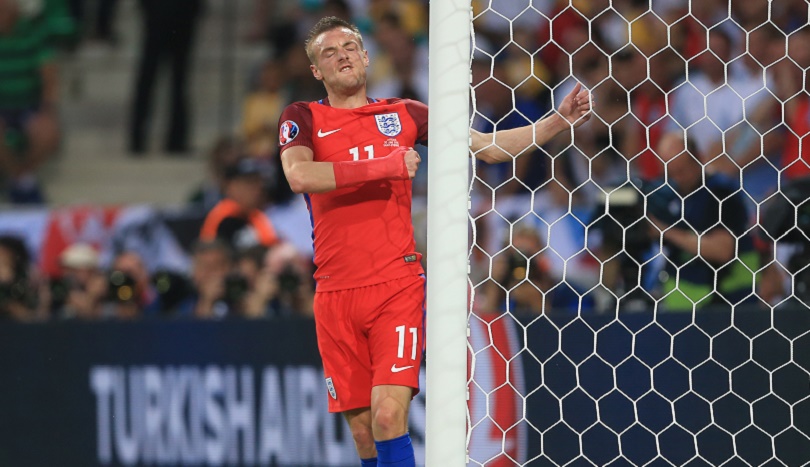
But England supporters are typically fans of domestic clubs and they treat change with suspicion: when they don't see quick-footed wingers singeing touchlines and teams pulsing with temperament, they perceive that to be a systemic failure. So – given that thoughtful, method-based football has been triumphing over British, breathless madness for decades – it's strange that this attempt to conform is being met with such resistance.
Perhaps the venomous reaction is animated by the perception that a betrayal is taking place. The results aren't worse and the overall performances are improved, so maybe the anger is better defined as a venomous distrust – how else to explain the poisonous response to the curing of long-standing, long-accepted defects?
England need to maintain possession. Now they do. They must not play in a way that leaves them defensively exposed. Now they don't. Nobody would argue that England have reached a particularly high level, but it seems disingenuous to deny that a positive change is under way. When, for instance, was the last time this side lost a competitive game?
Coherence and clarity
England have become a thinking team, one that probes the gaps ahead of them without recklessly ignoring the space behind. Without meaning to be melodramatic, there have been times in the past – particularly in 2010 and during Steve McClaren's tenure – when they looked to be playing an entirely different sport to the elite nations. However the current European Championship ends, it has at least shown that to no longer be the case.
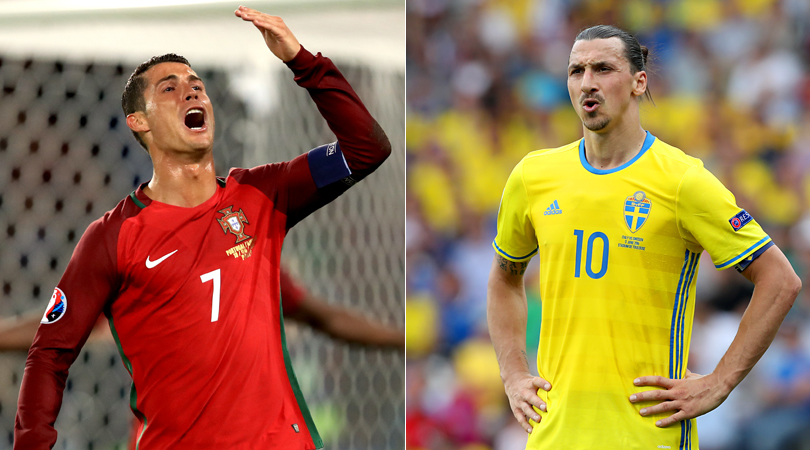
The ego-death of Ronaldo and Ibrahimovic is a good thing for football
Spain have finally found their missing link for domination in Alvaro Morata
The results to date might not confirm it, but the more subtle detail within the recent games certainly does. England are a team without any genuinely world-class performers and they do not have the benefit of a Gareth Bale, a Cristiano Ronaldo or an Andres Iniesta – a players who is capable of turning average performances into victories with the swing of a foot – but they are structurally sound and, even if a realisation point is yet to be reached, it's now at least obvious that they've been built with a purpose.
If that sounds like an attempt to damn with faint praise, then it's worth recalling just how muddled the past often was and remembering the games against Algeria and the United States in South Africa, against Croatia in Zagreb and at Wembley, or during every stage of the 2006 World Cup. That was failure, this isn't.
Strip away all the unrealistic expectation and the misplaced belief that England are ready to win international tournaments and there's actually lots to admire. This team can only be compared to its predecessors and the merits of its approach should only be judged in relation to what has gone before. On that basis, the fierce reactions are wholly misplaced.
Seb Stafford-Bloor is a football writer at Tifo Football and member of the Football Writers' Association. He was formerly a regularly columnist for the FourFourTwo website, covering all aspects of the game, including tactical analysis, reaction pieces, longer-term trends and critiquing the increasingly shady business of football's financial side and authorities' decision-making.
